Cassie & Joshua Bailey
The Wild Thornbaileys are a family of six traveling in their 44 ft Highland Ridge 395BHS Open Range. After almost losing their son to undiagnosed type one diabetes they took their second chance at life, and have prioritized family and travel, adventuring around the country for the past five years with no plan of stopping!
Beach RV camping can be the most fun and the most challenging type of RVing. It allows you to have an oceanfront vacation without the resort cost, and you are sure to have an amazing time as long as you go with the right knowledge for a successful trip.
However, my family did NOT have the right knowledge for our first trip—and I am going to share with you exactly what not to do to save you from the headaches we experienced. After reading this you will be well prepared and on your way to the dream RV beach vacation with way more knowledge than we had when our adventure started.
Mistake #1: Arriving to Camp Late
We made some pretty big mistakes when first attempting an RV beach camping experience. It was the middle of winter and we were headed west from Florida. We ended up leaving later than we had hoped, which is pretty typical when you travel with four kids. We found a public beach that allowed overnight RV parking but because of our late start, we arrived after dinner, which didn't leave much daylight left for setting up camp.
When we arrived there were a lot of RVs parked close to the entrance so we decided to drive further into the camp away from the crowd. Turns out there was a reason no one was parked further back.
Mistake #2: Parking in Loose Sand
The sand was so loose we ended up getting stuck for five hours. At first, we tried to let a little air out of the tires as Google suggested but that did not work. Then we dug holes and tried using boards to ramp out of the sand but again there was no escaping this sand.
We called Triple A and all the local tow companies (though we were pretty remote so local was within a two-hour radius). No tow truck would help because of the liability, and the concern that they too would end up stuck like us!
Mistake #3: Not Having the Right Tools
We finally reached out to the RV community online and ALAS another RV family came to the rescue. They were staying near us and arrived with their truck and chains to pull us out. They helped set our truck free to enjoy the rest of the trip!
It took a couple of hours even with the right tools to get out so, it's best to NOT get stuck, but having extra supplies on hand can help you out just in case you end up like us.
Here's everything I wish I had known before that first trip:
-
Plan Your Route
When planning your route, make sure to arrive with plenty of daylight for setting up just in case something goes wrong. We love to use resources like Campendium and iOverlander to find public spots that allow overnight stays with an RV. We love these two because they also include comments from others who've stayed in these locations to know if they're big-RV friendly or maybe no longer available, have cell service, etc.
Pro Tip: Many beaches in Southern Texas allow beach boondocking and are big-RV-friendly. Keep in mind these locations are first come first serve so on holidays and weekends it may be packed more than on a weekday or off-season.
-
Pack the Right Tools
Once you've decided where to park, you're going to want to pack the right tools and items to be prepared. If we had tire chains in our toolbox we would have gotten out of this situation a lot faster. Pack extra supplies, first aid kits, food and water as well as tools you may not think you need. Our shovel and a few extra boards came in handy for escaping the sand pit. It's better to be over-prepared and not need it than to be under-prepared and find yourself stuck.
Pro Tip: Parking on the beach also means lots of sand INSIDE the RV. Bringing a mat to help with sand control and a vacuum or broom to get ahead of the mess is extremely helpful.
-
Walk The Beach
Upon arriving at your beach camping spot and before driving on the sand, walk the beach first. Take note of any loose sand areas—anything that isn’t packed sand will want to be avoided. Check the tides as well to take note if it's low tide. If the tide is low be mindful that the water will rise and parking too close to the water will land you right in the ocean.
Pro Tip: We do have a drone we like to use to fly ahead of us to take a look at all the available spots and how far down we may need to walk (be sure to check if drones are allowed before flying one). If you're still unsure, adding chains to your tires is a helpful tip we've learned from the expert beach campers.
-
Know Your Options
There are plenty of campgrounds with beach access on pavement or otherwise solid ground. We love to camp in the Florida Keys and Myrtle Beach with all the amenities: full hookups with beach access just a short walk from our RV door, without the hassle of parking on the sand and the risk of getting stuck. We have so many beautiful memories at campgrounds and boondocking on the beach, whether as a family or with a group of friends.
I love waking up to the sunrise over the ocean, family picnics and volleyball, making sand castles and swimming in the ocean, and running around with our dog (who usually has to stay on a leash or at dog parks). And of course, the sunsets and listening to the waves crash as you fall asleep. It really is a magical experience, and since that day we got stuck, we have made multiple successful beach RV trips—and are much more prepared now!

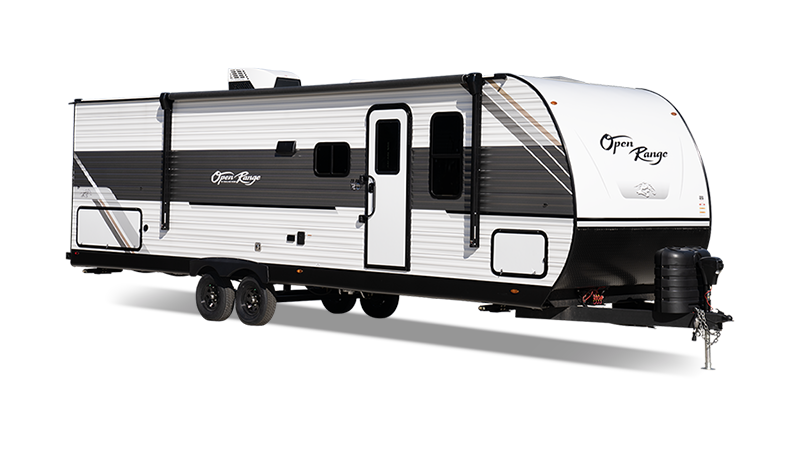
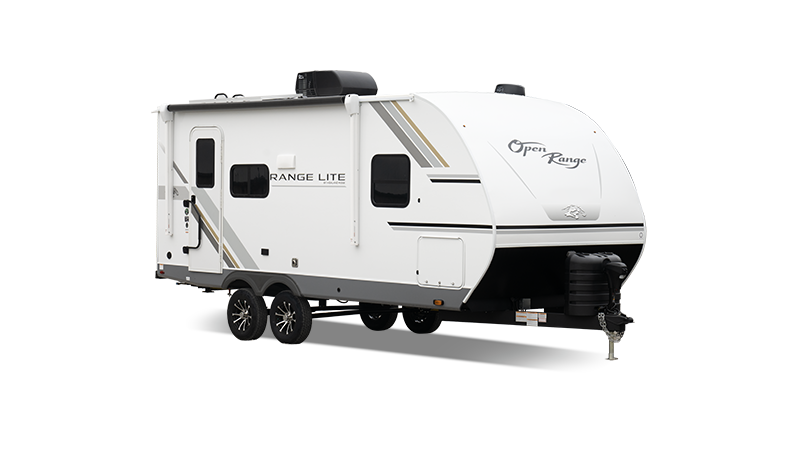
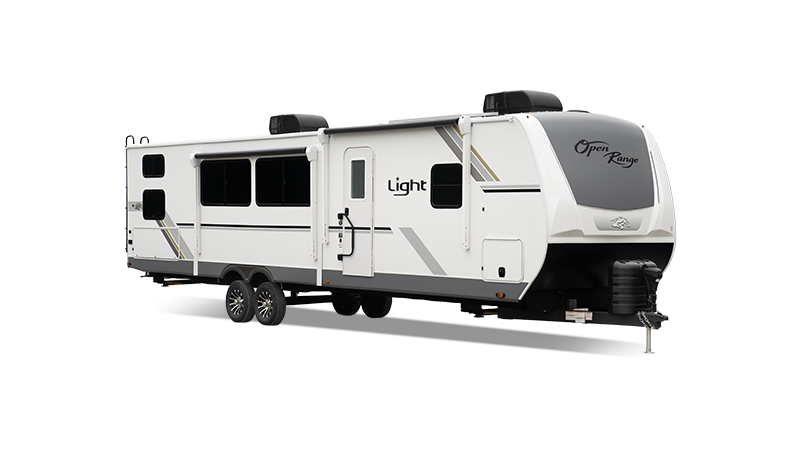
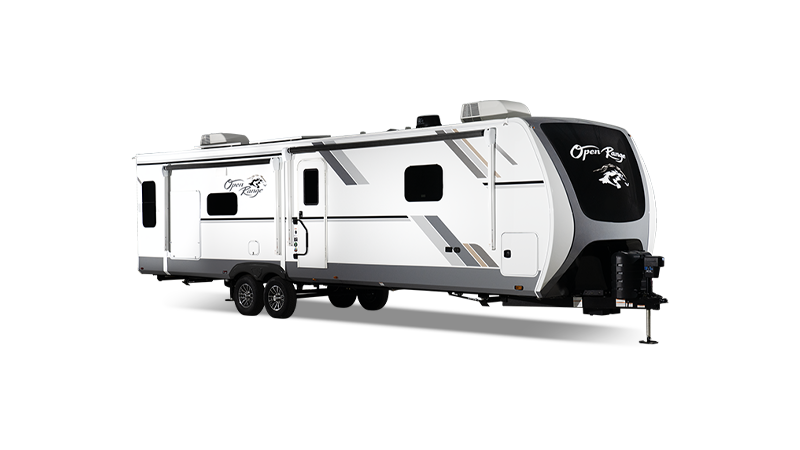
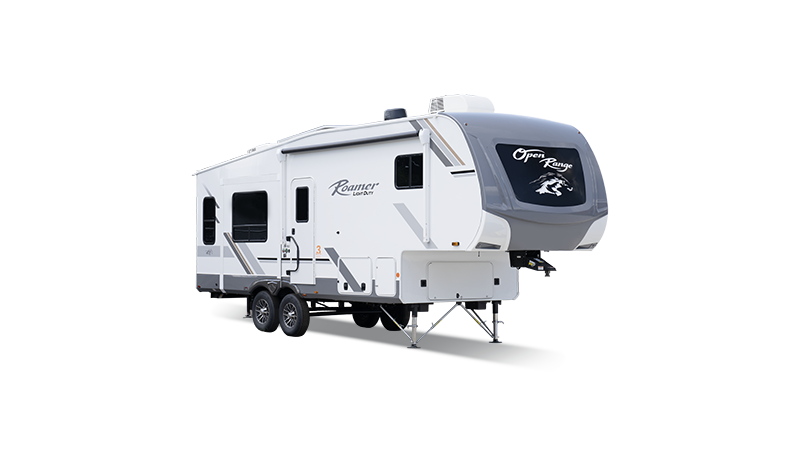
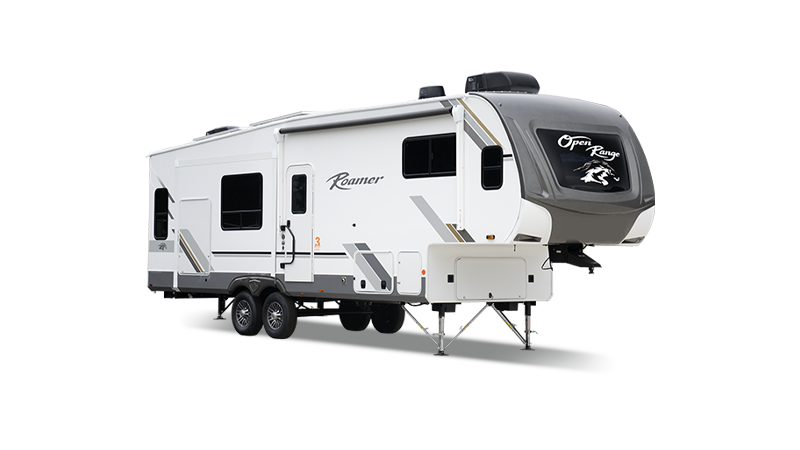
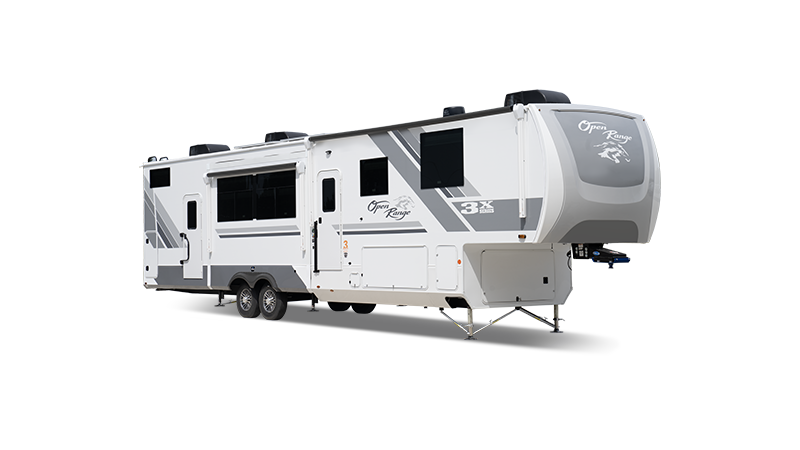
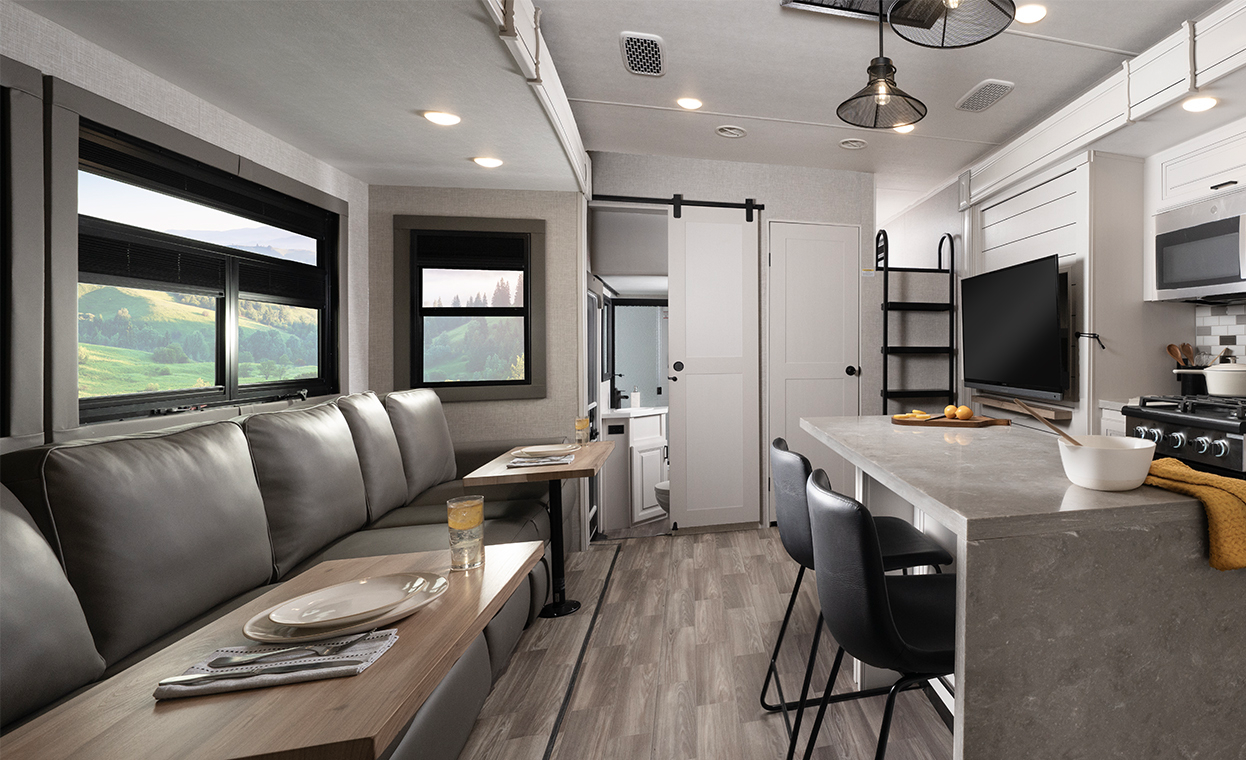
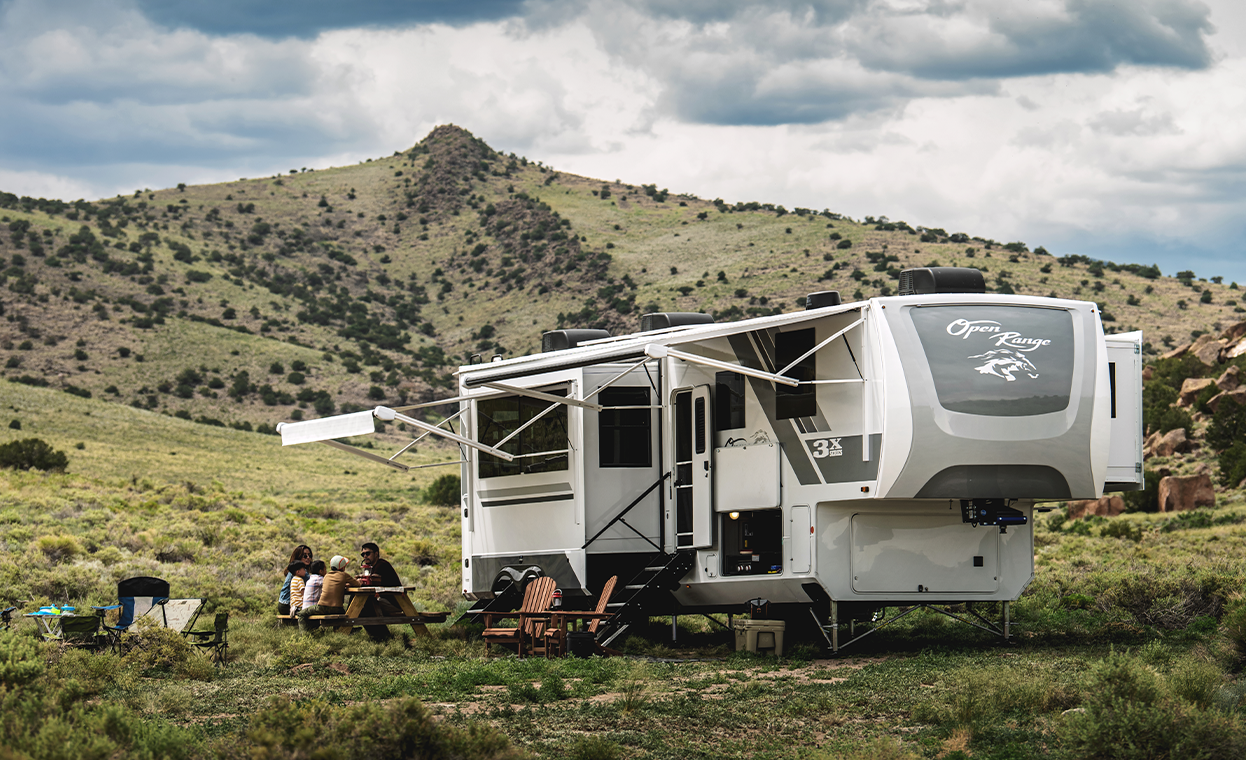
.jpg)